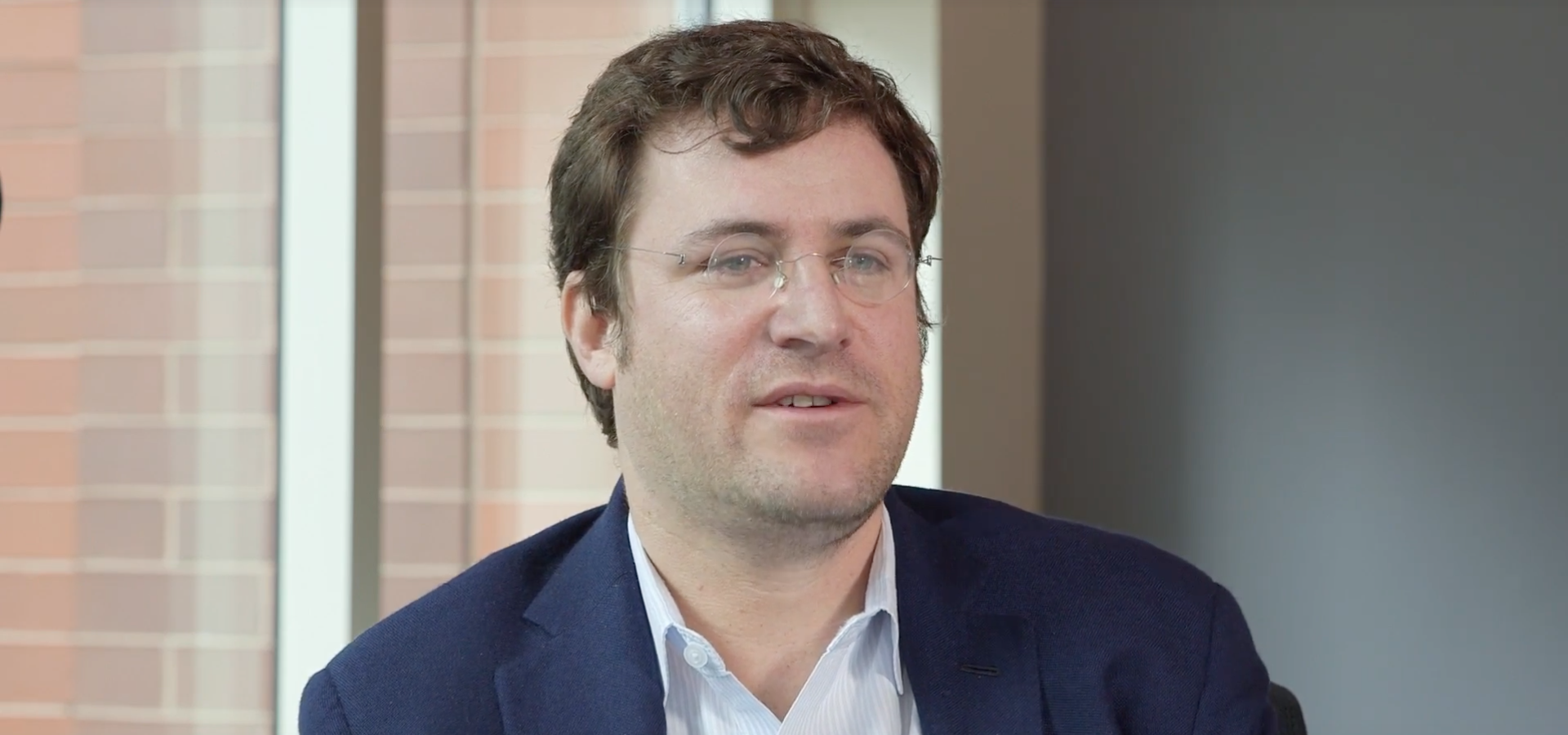Facebook wants the U.S. Supreme Court to overturn a federal appellate court's ruling allowing a class action worth potentially billions of dollars to continue under an Illinois biometrics privacy law, as the company argues plaintiffs weren't harmed and the case would be too sprawling.
"The stakes in this case could not be higher," Facebook asserted in court papers.
Lawsuits were filed in 2015 alleging Facebook violated the Illinois Biometric Information Privacy Act with its photo-tagging technology, which identifies people in photos by mapping their facial geometry. Under the BIPA law, Facebook allegedly was required to obtain written authorization from those identified, but did not do so, plaintiffs charged. They say Facebook could have to pay as much as $5,000 per violation to millions of Illinois residents whose likenesses were mapped.

Jay Edelson of Edelson, PC
The suits were lodged in Cook County Circuit Court, but Facebook moved them to U.S. District Court in San Francisco, the federal court district in which Facebook is headquartered.
Facebook has argued plaintiffs cannot prove they were harmed by the photo-tagging system. Facebook also argued the case should not be a class action, because it would require the company to challenge millions of individual claims, resulting in a series of “mini-trials."
U.S. District Judge James Donato ruled the case could be pursued as a class action. Facebook appealed, but gained no ground in August 2019 with the U.S. Ninth Circuit Court of Appeals in San Francisco.
“Facebook’s alleged collection, use, and storage of plaintiffs’ face templates here is the very substantive harm targeted by BIPA,” the Ninth Circuit said.
The decision cited a ruling by the Illinois Supreme Court, which found plaintiffs don't need to demonstrate a company's collection of their facial geometry, fingerprint scans or other biometric information actually harmed them in some way before suing under BIPA.
The Ninth Circuit appeals panel further found: “If the violation of BIPA occurred when the plaintiffs used Facebook in Illinois, then the relevant events occurred ‘primarily and substantially’ in Illinois."
Facebook recently filed papers asking the U.S. Supreme Court for certiorari - meaning they asked the court to agree to hear the matter - and to overturn the lower court rulings.
"Plaintiffs seek tens of billions of dollars in statutory damages and, if this Court denies certiorari, the case will proceed quickly to trial. The Ninth Circuit’s decision does not require any Plaintiff in the class to show that he suffered an injury as a result of the alleged statutory violation, and it absolves Plaintiffs of the requirement to demonstrate that common issues predominate over individual ones. Absent this Court’s review, Facebook will likely have only a few weeks to decide whether to litigate the questionable merits of Plaintiffs’ claims in a time-consuming, expensive trial," Facebook said in its petition.
Facebook said the high court should find the plaintiffs have no standing, because they did not suffer a "personal, real-world injury" or face an "imminent" possibility their personal information could be misused.
"All three named Plaintiffs admit that they have suffered no harm from these alleged statutory violations. And one Plaintiff testified that he likes Facebook’s Tag Suggestions
feature and has not opted out of it, despite filing this lawsuit," Facebook said.
Facebook continued, saying plaintiffs have "never alleged — much less shown — that they would have done anything differently, or that their circumstances would have changed in any way, if they had received the kind of notice and consent they alleged that BIPA requires, rather than the disclosures that Facebook actually provided to them."
In addition, Facebook maintained the lower courts decided the case could go forward as a class action, and "toward an imminent trial," but without determining where the alleged BIPA violations occurred
Facebook has been represented by the New York office of the Chicago-based Mayer Brown LLP.
The plaintiffs have been represented by attorney Jay Edelson and others with the firms of Edelson PC, of Chicago and San Francisco; Robbins Geller Rudman & Dowd, of San Francisco; and Labaton Sucharow LLP, of New York City.
Briefs have been filed in support of each side, from such organizations as the Internet Association, U.S. Chamber of Commerce and American Civil Liberties Union.
